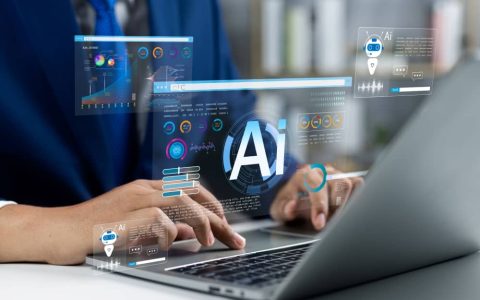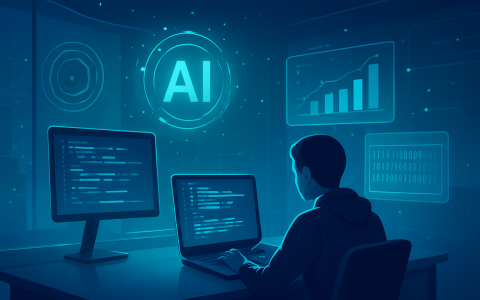The actor-observer bias is a time period in social psychology that refers to a bent to characteristic one’s personal movements to outside reasons at the same time as attributing different human’s behaviors to inner reasons. It is a kind of attributional bias that performs a function in how we understand and have interaction with different humans. Essentially, humans have a tendency to make extraordinary attributions relying upon whether or not they’re the actor or the observer in a state of affairs.
What Is Actor-Observer Bias?
The actor-observer bias has a tendency to be greater said in conditions wherein the results are terrible. 1 For example, in a state of affairs wherein someone stories some thing terrible, the man or woman will regularly blame the state of affairs or circumstances. When some thing terrible takes place to every other individual, humans will regularly blame the man or woman for his or her private choices, behaviors, and movements.
For example, while a physician tells a person that their levels of cholesterol are elevated, the affected person would possibly blame elements which are outdoor in their manipulate consisting of genetic or environmental influences. But what approximately while a person else unearths out their levels of cholesterol are too high? In such conditions, humans characteristic it to matters consisting of bad food plan and absence of exercise. In different phrases, while it is taking place to us, it is outdoor of our manipulate, however while it is taking place to a person else, it is all their fault.

Researchers have discovered that humans have a tendency to succumb to this bias much less often with humans they recognize well, consisting of near buddies and own circle of relatives members.2 Why? Because we’ve greater statistics approximately the needs, motivations, and mind of those individuals, we’re much more likely to account for the outside forces that effect conduct.
Understanding the Actor-Observer Bias
So what reasons the actor-observer bias? One viable motive is that after humans are the actors in a state of affairs, they can’t see their personal movements. When they’re the observers, however, they’re effortlessly capable of study the behaviors of different humans. Because of this, humans are much more likely to don’t forget situational forces while attributing their personal movements, but cognizance on inner traits while explaining different human behaviors.
For example, believe that your magnificence is on the point of take a huge take a look at. You fail to study your personal have a look at behaviors (or lack thereof). The main as much as the examination however cognizance on situational variables. That affected your overall performance at the take a look at. The room changed into warm and stuffy, your pencil saved breaking, and the scholar subsequent. To you saved making distracting noises all at some point of the take a look at. When you get your effects lower back and realize you probably did poorly. You blame the ones outside distractions in your bad overall performance in preference. To acknowledging your bad have a look at behavior previous to the take a look at.
One of your buddies additionally did pretty poorly. However you straight away don’t forget how he regularly skips magnificence. In no way reads his textbook, and in no way takes notes. Now which you are the observer, the attributions you are making a shift. To cognizance on inner traits in preference to the equal situational variables. That you’re feeling contributed on your personal substandard take a look at score.
What Impact Does This Bias Have?
Obviously, the actor-observer bias may be complicated and regularly ends in misunderstandings or even arguments.
“In an argument, it can be not unusual place for each aspects to peer themselves. As responding to what the opposite does. “He began out it!” is a not unusual place complaint, regularly heard on each aspects. Due to the fact every facet attributes its personal conduct to the state of affairs. However the others’ conduct to their tendencies and different dispositions,” authors Baumeister and Bushman. Give an explanation for of their book Social Psychology and Human Nature. “It appears herbal to deduce that they’re combating due to the fact they’re mean, while we’re combating due to the fact they attacked us. Or, within side the less complicated phrases of seasoned hockey play Barry Beck on a brawl that broke out in a single game, ‘We have handiest one individual to blame.
Examples of Actor-Observer Bias
Examples of actor-observer bias are easy to come by; they happen every day in our basic interactions with others. Consider your reaction to a date who is late to a movie. We attribute this undesired behavior as caused by the individual. In this case, we may be thinking they are inconsiderate or rude. In turn, if we were late to a movie. We would likely attribute our behavior to situational factors. Such as getting stuck in traffic or being unable to find parking. While our behavior is purely circumstantial. Our date’s behavior was judged as personal.


